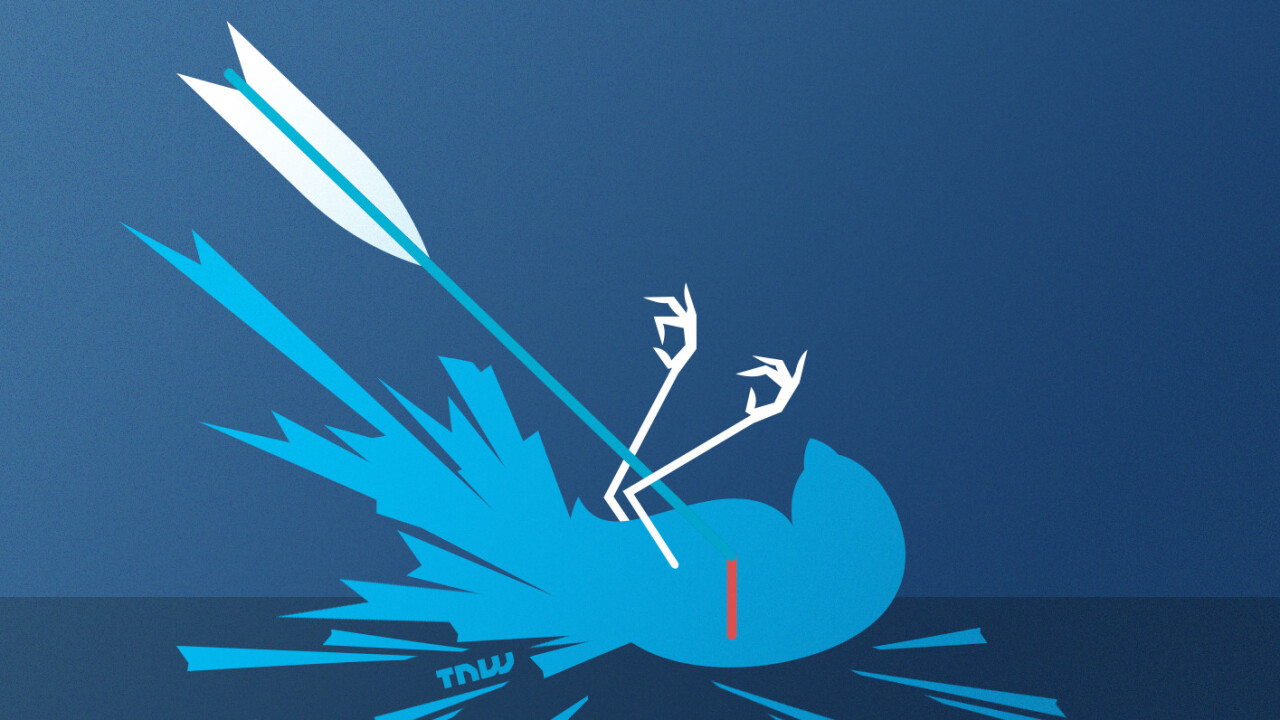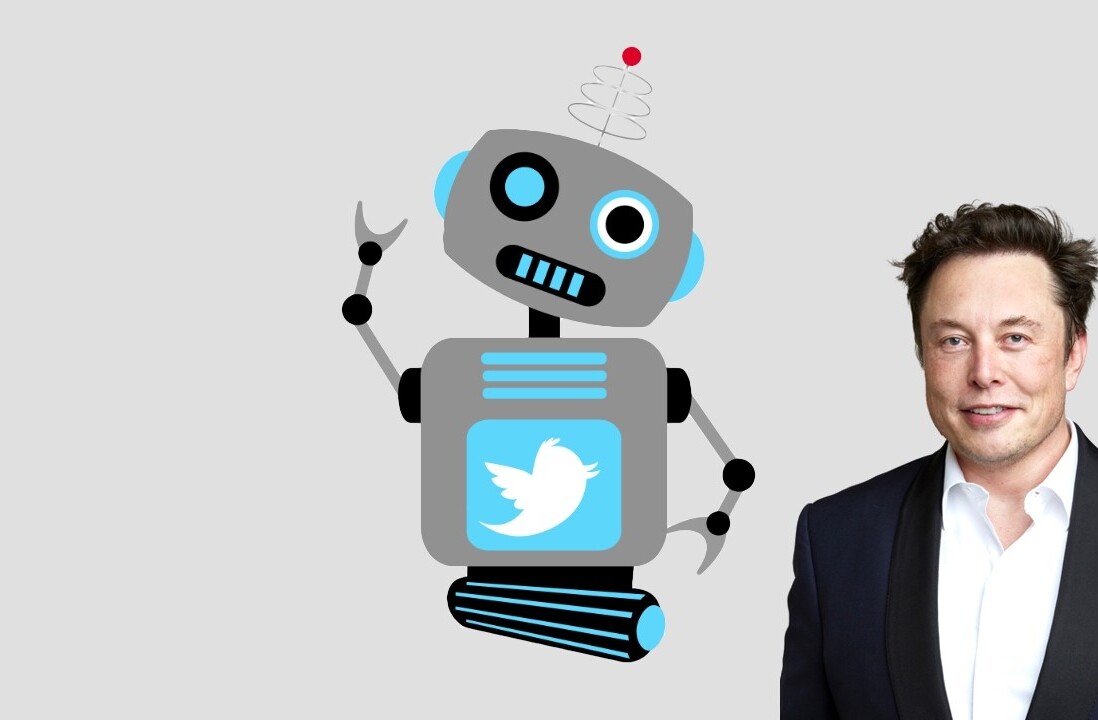
Back in January, I shared my thoughts on how Twitter is a horrible place because we, its users, are horrible people. When given the opportunity to broadcast our thoughts and opinions, we’re prone to abusing that freedom to hurt and intimidate others.
While that’s unfortunately still true, I now realize that I shouldn’t be satisfied with the notion that if you’re looking for a safe space, Twitter isn’t for you.
I engaged with Twitter a fair bit less back when I wrote that, and as I’ve come to depend on it more to learn about what’s going on around the world, I’ve begun to realize the significance of how it should be run.
Twitter truly is continually evolving into a global platform for free speech, but it’s doing a terrible job of managing this space which we inhabit and in which we attempt to exercise that right.
Case in point: Twitter suspended actor Rose McGowan’s account shortly after she criticized Ben Affleck and claimed he knew about Hollywood producer Harvey Weinstein’s alleged acts of sexual assault. The company took way too long to explain that it had done so as it believed she had violated the terms of service by tweeting a private phone number.
Meanwhile, there’s still no truly effective way to stem the flow of abuse that harrows many female users on a regular basis. It’s unclear if this is Twitter being simply incompetent or grossly insensitive to issues plaguing its user base – but it doesn’t help the company to have people thinking either way about this.
My mentions since posting #WomenBoycottTwitter 3 minutes ago #thisiswhy pic.twitter.com/c1GKSmBu32
— christine teigen (@chrissyteigen) October 13, 2017
Twitter has promised multiple times over several years to be more transparent, but that hasn’t happened – there isn’t enough clarity on how the company implements its policies for tackling abuse or explained why so many tweets that flagrantly violate its terms are allowed to exist on the platform.
As Twitter evolves from a basic microblogging service to a social institution, it needs to work towards building at least a modicum of decorum, and enforcing it strongly enough to consistently meet its users’ expectations.
That’s not just being idealistic: it just makes for better business. If Twitter wants to earn revenue by selling ads, it needs to have people to show those ads to. If women and minorities feel uncomfortable using Twitter, they’ll leave. That’s Twitter essentially leaving money on the table.
Beyond creating a safe environment for users to interact in, Twitter needs to consider how it should serve its audience as an institution that’s had a fair amount of time to grow, test strategies for managing the community and police it in a fair and transparent fashion.
The worst case scenario is that Twitter believes it doesn’t owe its users that kind of service, and the best case is that Twitter is simply bad at tackling abuse. But neither is a good look for a platform that’s been around for over a decade.
Last February, the company set up a Trust and Safety Council comprised of more than 40 organizations to help guide the development of its products while tackling issues surrounding free speech and abuse online.
Clearly that’s not enough. For reference, Facebook has close to 9,000 employees focused on content moderation alone, which, as Quartz notes, is nearly triple the number of Twitter employees worldwide. And even when Facebook had a moderation team of about 4,500, it faced a world of trouble in policing content that users encountered on its platform.
The fact that it takes such a massive uproar over Rose McGowan’s tweets for the company to own up to how it handled her account this week, and that women are choosing to boycott the platform today in protest, indicates that there’s plenty of work to be done in order to make this a better place to exercise the right to free speech online.
By not putting proper systems in place to correct untoward behavior, Twitter ends up being a place that people avoid when they think about voicing their opinions. Failing to do so is a missed opportunity for creating a company that believes that every voice has the power to impact the world.
Get the TNW newsletter
Get the most important tech news in your inbox each week.




